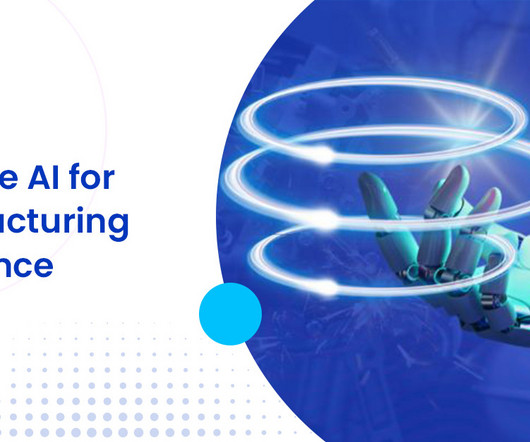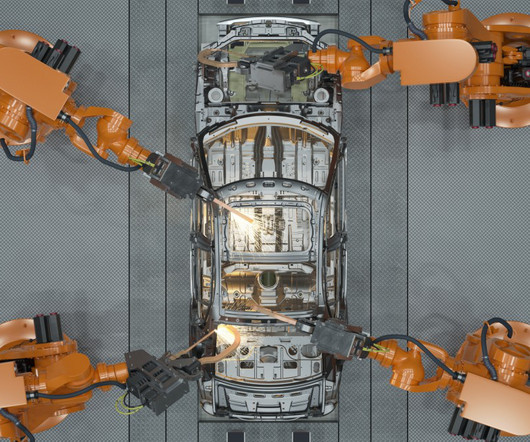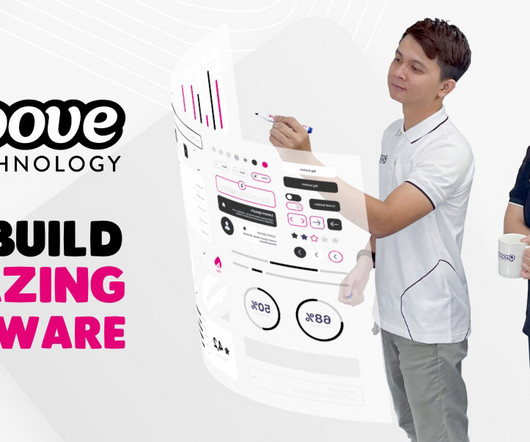NetSuite for Manufacturing: AI-Powered Operational Excellence
Amzur
FEBRUARY 14, 2024
Today’s manufacturers are wielding the double-edged sword of cloud-based solutions and artificial intelligence (AI) to achieve operational excellence. But NetSuite isn’t just another enterprise resource planning (ERP) software; it’s a platform specifically designed to cater to the unique demands of manufacturing.


















Let's personalize your content